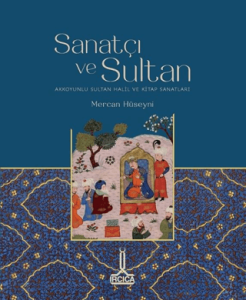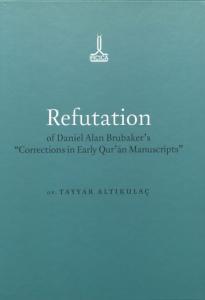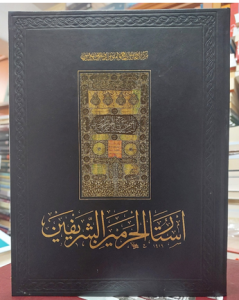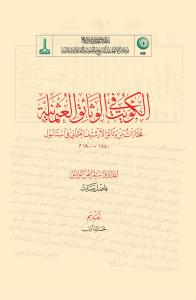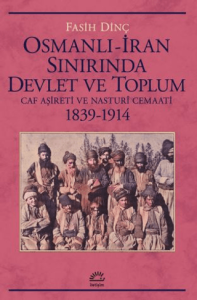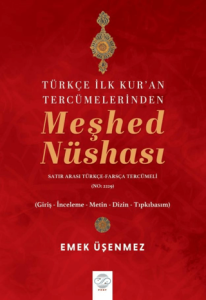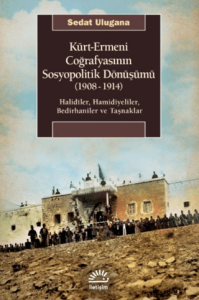Qadi Registers in Bulgaria A Study on Ottoman Court Registers Preserved at the St St Cyril and Methodius National Library

This book is the outcome of an extensive research work by Prof. Dr. Recep Çiğdem from Harran University in Turkey. It is published within IRCICA’s Series of Sharia Court Registers. It analyzes the records of the Ottoman Sharia law courts preserved at St. St. Cyril and Methodius National Library in Bulgaria. In the first chapter of the book the author gives information on the cases dealt with by these courts, the procedures for the appointment of the qadis (judges) and naibs (deputy judges), the terminology of judicial records, documents issued by the courts, and a number of other subjects of interest for the law historian. The second chapter is devoted to Muslim minority courts with coverage of such themes as the structure of the Sharia courts; the First Instance Court, the Court of Appeals, the High Sharia Court, relations between the Sharia courts and secular courts, administrative authorities, officials, lawyers, the extent of the power of these courts, among others. The third chapter, which is the main part of the study, examines individual registers. A total of 191 registers preserved in the library were scrutinized and documents related to each case were scanned. The Foreword of Prof. Çiğdem explains in detail the salient features of each chapter and specifies that the third chapter focuses mainly on the Sharia courts of the independence period in Bulgaria, specifically between 1878-1945. The extensive bibliography and the index of personal names will be useful for researchers concerned.
This book is the outcome of an extensive research work by Prof. Dr. Recep Çiğdem from Harran University in Turkey. It is published within IRCICA’s Series of Sharia Court Registers. It analyzes the records of the Ottoman Sharia law courts preserved at St. St. Cyril and Methodius National Library in Bulgaria. In the first chapter of the book the author gives information on the cases dealt with by these courts, the procedures for the appointment of the qadis (judges) and naibs (deputy judges), the terminology of judicial records, documents issued by the courts, and a number of other subjects of interest for the law historian. The second chapter is devoted to Muslim minority courts with coverage of such themes as the structure of the Sharia courts; the First Instance Court, the Court of Appeals, the High Sharia Court, relations between the Sharia courts and secular courts, administrative authorities, officials, lawyers, the extent of the power of these courts, among others. The third chapter, which is the main part of the study, examines individual registers. A total of 191 registers preserved in the library were scrutinized and documents related to each case were scanned. The Foreword of Prof. Çiğdem explains in detail the salient features of each chapter and specifies that the third chapter focuses mainly on the Sharia courts of the independence period in Bulgaria, specifically between 1878-1945. The extensive bibliography and the index of personal names will be useful for researchers concerned.


